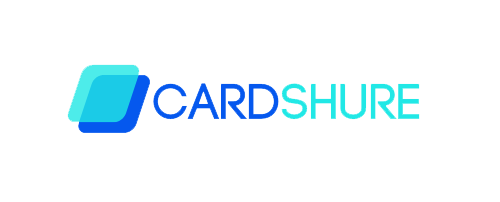Previously, it is becoming very easy to secure personal loans. But with this ease also comes some risk on the part of the borrower. Nigerians who are not very smart and understand the way things are usually get defrauded by unscrupulous entities.

Believe it or not, these scams have become incredibly rife. In this context, we will be revealing the various types of loan scams and how you will be able to identify and avoid them.
Types of Loan Scams
- Online Lending Scams
- First contact scam.
- Imposter scam.
- Phishing scam
- Full-guarantee scam.
- Debt relief Scam
- Upfront fee scam.
Online Lending Scams
Some malicious platforms pose as loan providers but as a matter of fact, they are out to collect some personal information of applicants. The Stolen details are sold to a third party, or used to gain access to victims’ bank accounts.
Upfront Fee Scam
Usually, it is not surprising that lenders demand insurance, origination, and other loan processing fees. Usually, these fees vary depending on the person you are lending from. Well, some scammers use this scheme to defraud people by collecting these fees without having to issue the loan.
Imposter Scam
Most times, some fraudsters pose as a lending institution, and when people apply for a loan, they collect some extra details provided by these applicants and make use of them to take loans in their name, thereby leaving the person with a huge amount of debt to settle.
Debt Relief Scam
Some of the scam artists claim to be helping your businesses and some individuals pay off lump-sum debts so that they get more time to settle the debt. The service is offered at a cost that the benefactor is expected to make payment for upfront. However, as soon as the fee is paid, the scammers would vanish.
Full-Guarantee Scam
It is standard procedure for lenders to assess the creditworthiness of applicants by consulting with a credit bureau, such as the CRC Credit Bureau. If they get the credit report of the applicant to be lacking, they would deny the application and not issue the loan.
However, some entities lure in desperate individuals who have poor credit reports with the promise of a loan guarantee. The applicant is expected to make a payment in other to ensure that their application will be granted. But in the end, they get defrauded.
First Contact Scams
It is where the individuals are approached by some unknown bodies with juicy loan offers without having to first apply for a loan. This would usually occur right through phone calls, SMS, and various online channels.
Phishing Scam
Fraudsters get to contact some potential borrowers and claim to be a legitimate financial institution. Then they would ask for bank account details and security pins if the victim expresses their interest in taking the loan. Should the person be fool enough to offer them the details, they would be duped.
How to Stay Safe from Loan Scams?
Several warning signs would enable you to detect fraudsters faster. Furthermore, you should make sure to follow some safety measures in other to ensure that you do not fall victim:
- If you encounter any fees with processing a loan, you would need to request for the fees to be deducted from the actual loan amount at the time of disbursement, instead of having to pay for any of the fees upfront
- No legitimate lender would want to pressure you into taking a loan. You should make sure the terms of the loans presented to you are standard. And beware of lenders are loan offers that just look too good to be true.
- All Legitimate financial institutions would always check your history right before approving a loan for you. Therefore, any lender that promises to offer a 100% approval rate, has no clear repayment terms, or that shows no interest in verifying your credit report is probably a scam attempt.
- Make sure to check for online reviews, and ensure that the loan establishment is popular.
- Only scammer would want to get your details on your ATM card or other such sensitive details during the loan application process. The standard details that are needed for a loan application include:
- Proof of identity: Name, Age, Address, Phone Number, ID card, BVN.
- Proof of income: 6 months bank statement report
- Utility bills: Your rent, PHCN bills, or your water bills.
- Credit Report
- Make sure to avoid some unregistered lenders. Legitimate lenders are usually insured by the Nigeria Insurance Corporation (NDIC) and regulated by the Central Bank of Nigeria.
If already you have been entangled in suspicious dealings, make sure to report the issue to your bank immediately, and also take the case to the Economic and Financial Crimes Commission (EFCC).
